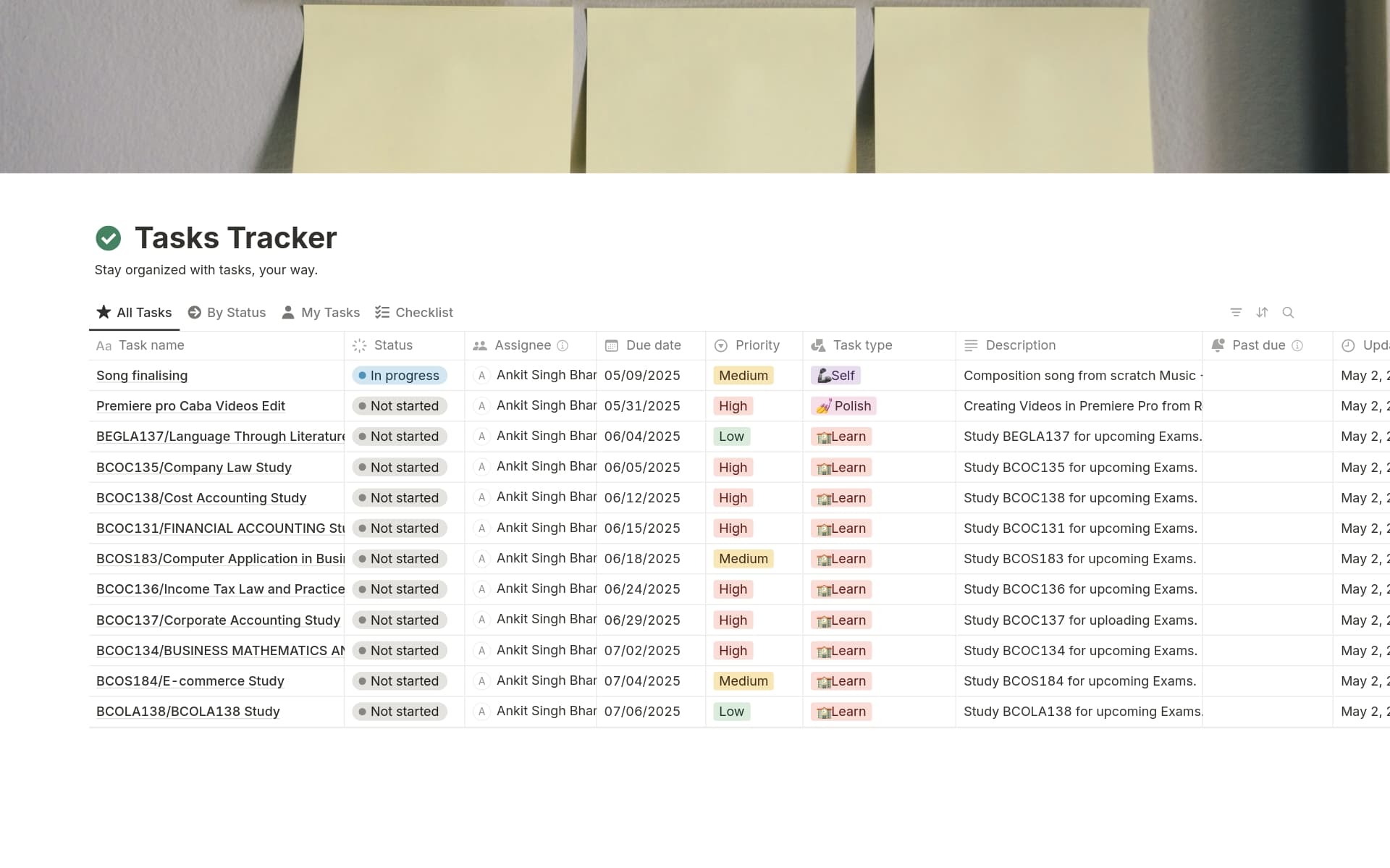Understanding your competitors is crucial for staying competitive in any market. A thorough Competitor Analysis helps you identify industry trends, recognize strengths and weaknesses in your own strategy, and uncover opportunities for growth. A Competitor Analysis Notion template streamlines this process, providing a structured approach to gather and analyze critical information efficiently.
Before you dive into creating your own Competitor Analysis, take a look at these Notion templates to simplify and enhance your research process. They offer a variety of frameworks and tools designed to give you a comprehensive view of your competitive landscape.
What Should Competitor Analysis Templates Include?
Choosing the right Competitor Analysis Template in Notion can streamline your market research and enhance strategic planning. Here are key components to look for in an effective template:
Market Positioning: This section should help you visualize where each competitor stands in the market, including their strengths and weaknesses.
Product Offerings: A detailed comparison of products or services offered by each competitor, highlighting unique features and pricing strategies.
Marketing Strategies: Insight into the marketing tactics used by competitors, from advertising channels to promotional activities.
Financial Performance: Financial data summaries that provide a snapshot of competitor's revenue streams, profitability, and market share.
With these components, a Competitor Analysis Template can provide a comprehensive overview that aids in making informed business decisions.
What Should Competitor Analysis Templates Avoid?
When selecting a Competitor Analysis template in Notion, it's essential to be aware of certain features that might hinder rather than help. Here are three key components to steer clear of:
Overly Complex Metrics: Templates that include too many detailed metrics can be overwhelming and may detract from focusing on key competitive insights.
Non-Customizable Fields: Avoid templates that don't allow you to modify fields. Flexibility is essential for tailoring the analysis to specific industry needs and questions.
Irrelevant Benchmarking: Ensure the template doesn't force comparisons that are irrelevant to your market. Not all competitors operate under the same conditions or target the same audience.
Choosing the right template involves looking for simplicity, customization, and relevance to your specific competitive landscape, ensuring the tool enhances your strategic decision-making process.




